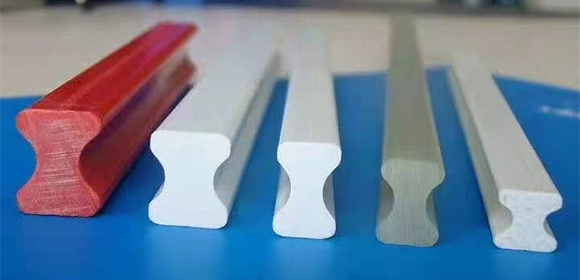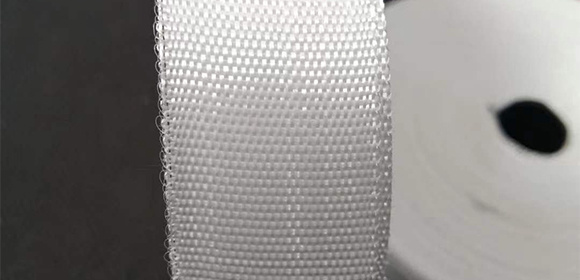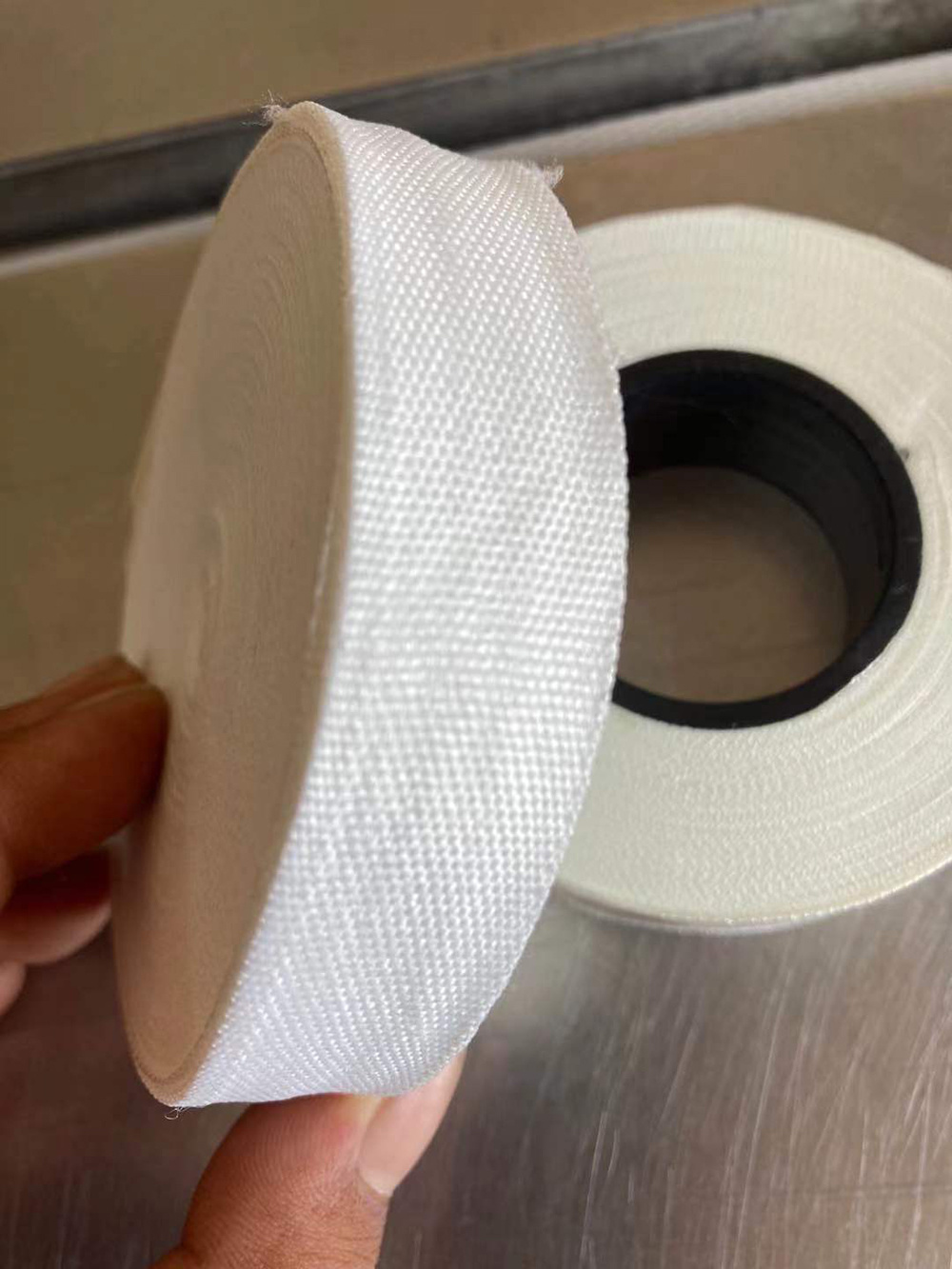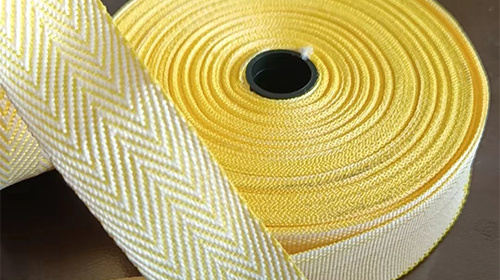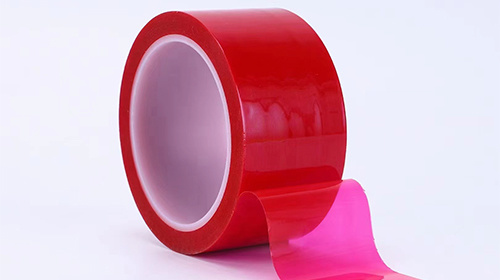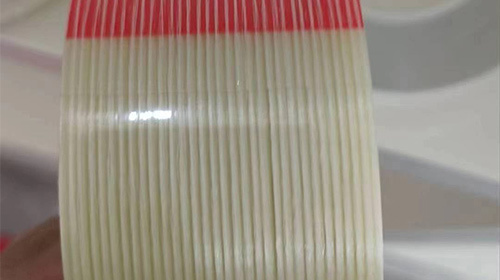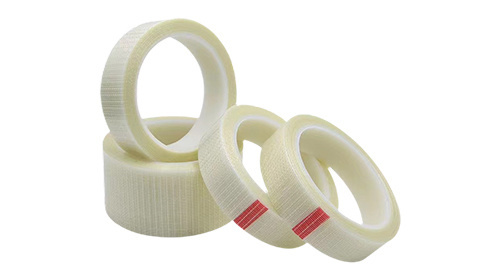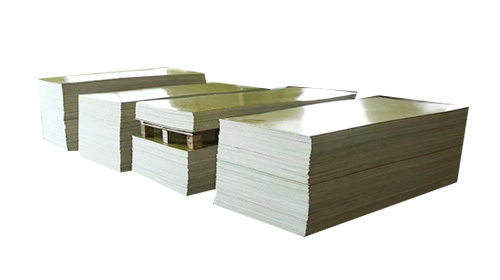Understanding the Benefits and Applications of Fiberglass Tape in Electrical Insulation
Fiberglass tape is a highly effective material commonly used in the electrical insulation industry, particularly in applications requiring high temperature resistance and durability. Made from woven fiberglass fibers and coated with a resin or adhesive, fiberglass tape boasts several qualities that make it ideal for insulating electrical components.
One of the primary benefits of fiberglass tape i
Fiberglass tape is a highly effective material commonly used in the electrical insulation industry, particularly in applications requiring high temperature resistance and durability. Made from woven fiberglass fibers and coated with a resin or adhesive, fiberglass tape boasts several qualities that make it ideal for insulating electrical components.
One of the primary benefits of fiberglass tape is its excellent thermal resistance. It can withstand extreme temperatures without losing its structural integrity, making it suitable for environments that experience significant heat fluctuations. This property is crucial for electrical applications, as it helps prevent the degradation of insulation over time, thereby ensuring a safer and more reliable operation of electrical systems.
In addition to its thermal stability, fiberglass tape is also known for its electrical insulating properties. It effectively prevents electrical leakage and short circuits, protecting sensitive components and enhancing the overall safety of electrical installations. This characteristic makes fiberglass tape an essential choice for insulation in wiring, motors, and transformers, where maintaining electrical integrity is paramount.
Another advantage of fiberglass tape is its mechanical strength. The woven structure provides excellent tensile strength, making it resistant to tearing and abrasion. This durability ensures that the tape can maintain its effectiveness even in demanding environments, such as those found in industrial applications. Furthermore, fiberglass tape is lightweight and flexible, allowing for easy application across various surfaces and configurations.
Fiberglass tape is also resistant to chemicals and moisture, further extending its usability in diverse settings. Whether in humid environments or areas exposed to corrosive substances, this tape maintains its insulating properties and protects electrical components. This versatility extends its application to automotive, aerospace, and other industries where reliable insulation is critical.
When applying fiberglass tape, it's important to consider the specific requirements of your project. The width and thickness of the tape can vary, allowing you to select a product that meets your particular insulation needs. Proper application techniques, such as ensuring clean surfaces and applying adequate tension during installation, can further enhance the performance of fiberglass tape.
In summary, fiberglass tape is an invaluable material in the electrical insulation sector, offering exceptional thermal resistance, electrical insulating properties, mechanical strength, and chemical durability. Its versatility and reliability make it a go-to choice for various electrical applications, ensuring safety and efficiency in numerous environments. By understanding the benefits and proper uses of fiberglass tape, you can make informed decisions that enhance the performance of your electrical projects.
One of the primary benefits of fiberglass tape is its excellent thermal resistance. It can withstand extreme temperatures without losing its structural integrity, making it suitable for environments that experience significant heat fluctuations. This property is crucial for electrical applications, as it helps prevent the degradation of insulation over time, thereby ensuring a safer and more reliable operation of electrical systems.
In addition to its thermal stability, fiberglass tape is also known for its electrical insulating properties. It effectively prevents electrical leakage and short circuits, protecting sensitive components and enhancing the overall safety of electrical installations. This characteristic makes fiberglass tape an essential choice for insulation in wiring, motors, and transformers, where maintaining electrical integrity is paramount.
Another advantage of fiberglass tape is its mechanical strength. The woven structure provides excellent tensile strength, making it resistant to tearing and abrasion. This durability ensures that the tape can maintain its effectiveness even in demanding environments, such as those found in industrial applications. Furthermore, fiberglass tape is lightweight and flexible, allowing for easy application across various surfaces and configurations.
Fiberglass tape is also resistant to chemicals and moisture, further extending its usability in diverse settings. Whether in humid environments or areas exposed to corrosive substances, this tape maintains its insulating properties and protects electrical components. This versatility extends its application to automotive, aerospace, and other industries where reliable insulation is critical.
When applying fiberglass tape, it's important to consider the specific requirements of your project. The width and thickness of the tape can vary, allowing you to select a product that meets your particular insulation needs. Proper application techniques, such as ensuring clean surfaces and applying adequate tension during installation, can further enhance the performance of fiberglass tape.
In summary, fiberglass tape is an invaluable material in the electrical insulation sector, offering exceptional thermal resistance, electrical insulating properties, mechanical strength, and chemical durability. Its versatility and reliability make it a go-to choice for various electrical applications, ensuring safety and efficiency in numerous environments. By understanding the benefits and proper uses of fiberglass tape, you can make informed decisions that enhance the performance of your electrical projects.






